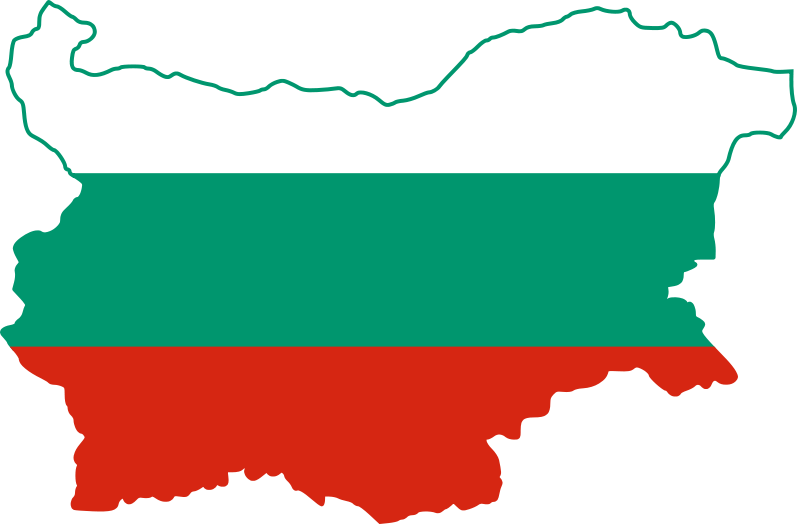Bulgaria can hardly form gov't after elections
 0 Comment(s)
0 Comment(s) Print
Print E-mail Xinhua, May 14, 2013
E-mail Xinhua, May 14, 2013
It's not easy for Bulgaria to form a government after the parliamentary elections on Sunday, and people may go to polls again in the coming 12 months.
With 99.56 percent of ballots counted, Bulgaria's Central Electoral Committee (CEC) announced Monday that the center-right GERB party won 30.74 percent of the vote. The Bulgarian Socialist Party (BSP) came second with 27.06 percent, followed by the ethnic Turkish party DPS with 10.46 percent and nationalist Ataka 7.40 percent.
|
|
|
Flag map of Bulgaria |
Only these four parties will obtain seats in the parliament, according to the CEC.
The GERB party said in a press release it would not hold a press conference until the final official results were released. It is the first time in Bulgaria since 1990 that the winning party refused to hold a press conference on the electing day.
However, Krasimir Velchev, member of GERB's executive committee, told reporters that GERB would try to form an expert government.
"If we don't have the support to form a government on our own, let others form a cabinet. All the parties want a broad coalition, which means wide irresponsibility," said Velchev.
"It is clear that GERB cannot form a government and it's good for Bulgaria," said the BSP's leader Sergei Stanishev at a press conference held in the early hours on Monday morning. He added that it was obvious that the GERB was totally isolated.
"We are ready to negotiate with the parties which gain seats in the parliament and also with serious non-parliamentary parties that are against GERB," said Stanishev.
He said that the BSP will discuss with other parties a program aiming to resolve the crisis and to stabilize the country.
Lutvi Mestan, leader of the DPS, announced that the party would not support GERB to form a government, and insisted for "an expert government" which would help to re-establish the confidence in statehood.
The leader of Ataka Volen Siderov also believed that GERB would not be able to form a working government.
The sociologists considered that the future parliament would succeed to form a government, which would be unstable.
"It won't be such quick and easy to form a normal government, but the direction is right," said Kancho Stoychev.
Yuriy Aslanov told the media that if the government was established, it "would hardy rely on stable and long-term parliamentary support because it would comprise of parties having complicated background and even contrast ideas and orientation."
If the GERB fails to patch up a ruling coalition, the mandate will pass to the Socialists, who have already proposed the formation of a broad expert government without the GERB.
Bulgaria has been led by a caretaker government since the resignation of former ruling party in February.







Go to Forum >>0 Comment(s)